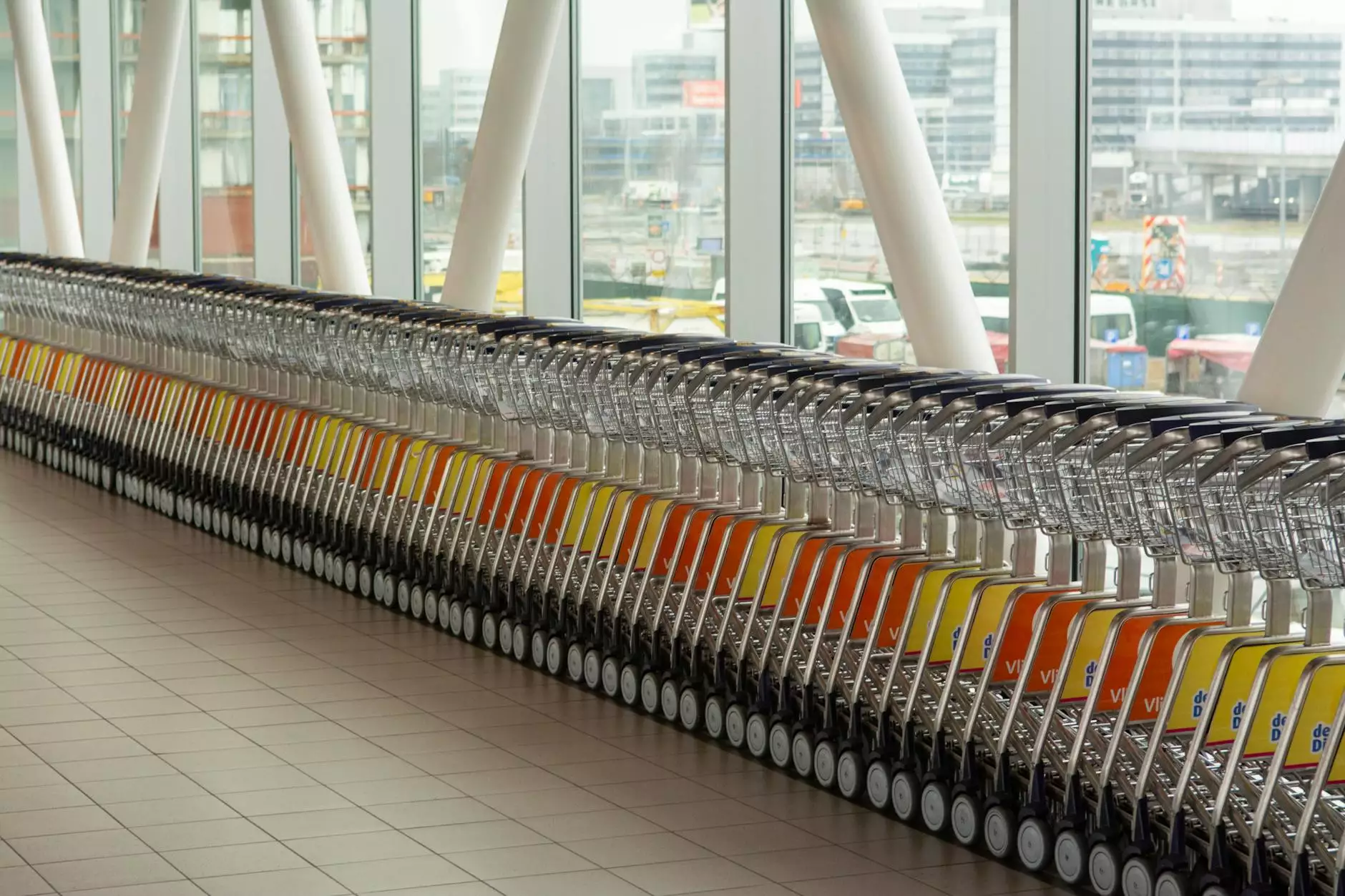The Impact of Average Air Freight Cost per kg in the Shipping Industry

When it comes to the world of shipping, understanding the average air freight cost per kg is crucial for businesses involved in Shipping Centers, Transportation, and Airports. This metric plays a significant role in determining the overall expenses incurred in transporting goods via air services. Let us delve deeper into how this cost factor influences the dynamics of the shipping industry.
Factors Affecting Average Air Freight Cost per kg
Several factors contribute to the calculation of the average air freight cost per kg. These include:
- Distance of the shipment
- Type of goods being transported
- Current fuel prices and market conditions
- Size and weight of the cargo
- Any additional services required (e.g., express delivery)
Importance of Monitoring Average Air Freight Cost per kg
For businesses in Shipping Centers, Transportation, and Airports, keeping a close eye on the average air freight cost per kg is essential for various reasons:
- Cost Management: Understanding this metric helps in effective cost management and budgeting for transportation expenses.
- Competitive Pricing: Knowing the average cost per kg allows businesses to set competitive prices for their services.
- Profitability: By optimizing freight costs, businesses can enhance their overall profitability.
- Customer Satisfaction: Accurate pricing based on air freight costs leads to improved customer satisfaction and loyalty.
Industry Trends and Analysis
As the global shipping industry continues to evolve, trends in air freight costs also fluctuate. Businesses must adapt to these changes by staying current with market trends and analysis. This involves:
- Monitoring fuel prices and economic indicators
- Utilizing advanced logistics technologies for cost optimization
- Establishing strategic partnerships with airlines and freight forwarders
Optimizing Average Air Freight Cost per kg
To achieve cost efficiencies and maximize profitability, businesses can implement the following strategies:
- Consolidating shipments to reduce overall weight and cost
- Utilizing alternative modes of transportation for certain goods
- Negotiating favorable contracts with logistics providers
- Implementing sustainable practices to reduce fuel consumption
Conclusion
In conclusion, understanding and managing the average air freight cost per kg is a pivotal aspect of success in the shipping industry. Businesses that proactively monitor and optimize this metric stand to gain a competitive edge and achieve long-term profitability. By staying informed about industry trends, implementing cost-effective strategies, and prioritizing customer satisfaction, companies can navigate the complexities of air freight costs with confidence.
For more insights on air freight costs and logistics solutions, visit Cargo Booking at cargobooking.aero.



